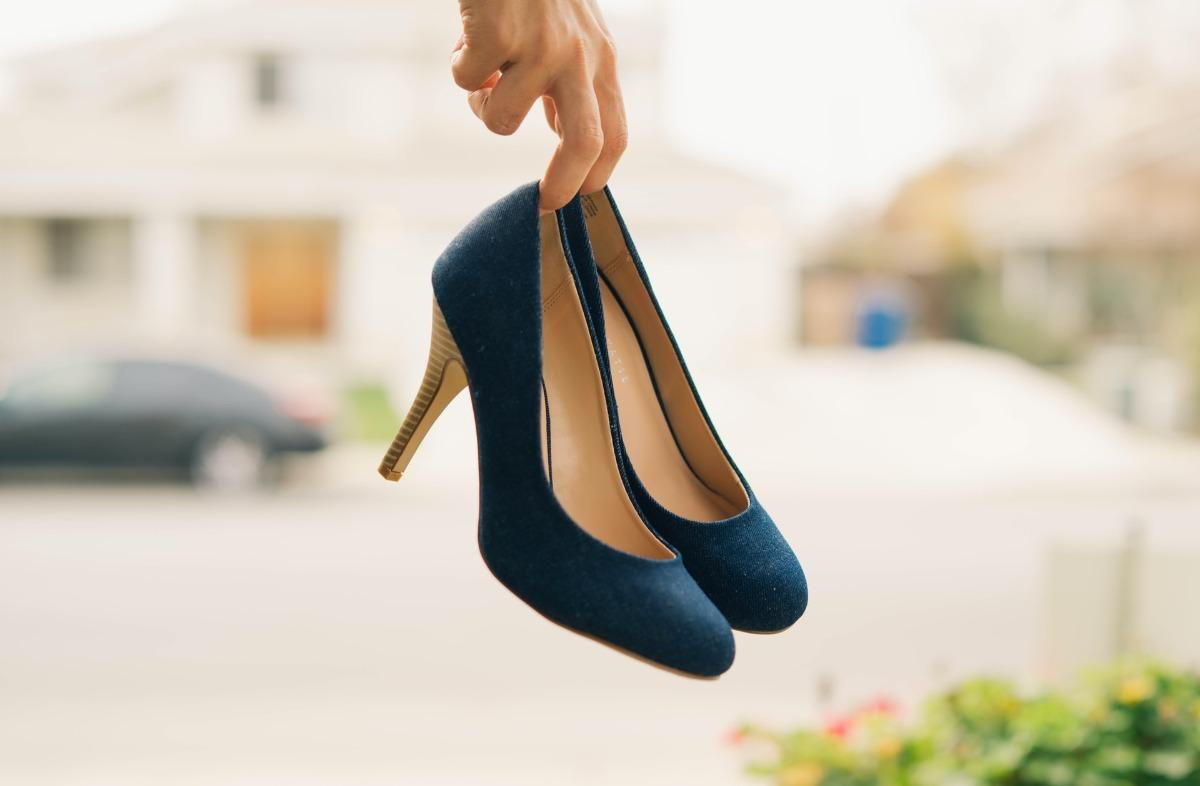Will Your Shoes Give You Bunions?
posted: Jun. 26, 2020.

Will Your Shoes Give You Bunions?
Footwear can, at times, be troublesome. You know this if you have worn a shoe that pinches or you have had sore feet after wearing a pair of shoes for some time. One of the concerns you may have from wearing such shoes is whether they will give you bunions.
If one of those shoes is a stiletto you love, this may be a pressing question because you may be torn between giving them up and protecting your feet from bunions. If you already have bunions, you may be wondering whether it is your shoes or something else causing the bunions.
In this post, Dr. Sheldon Nadal, D.P.M takes a brief look at what causes bunions, and whether that favorite pair of stilettos may be the cause.
Does Footwear Cause Bunions?
Bunion causes are a bit of a mixed bag. In the podiatry field, it is accepted that both nature and nurture can cause bunions. On the nature part, some foot structures are predisposed to get bunions. This is a genetic trait passed down generations. On the nurture part, some types of footwear contribute to the development of bunions because of how they support the foot.
What is still undecided is how much of each cause plays a part in individual bunion cases. For instance, does wearing stilettos contribute to the development of bunions, or does having a susceptible foot structure cause bunions? A likely answer is both.
If you wear footwear that poorly supports your foot and you have some genetic predisposition to bunions, these two may combine to cause bunions.
That said, footwear does play an important role in whether your bunions get better or worse.
Better Shoe Choice Can Help Prevent or Treat Bunions
Since shoes play a role in bunions, managing your footwear can help deal with bunions. When doing this, you want to look at both daily wear and occasional wear.
Daily Shoes
Your daily shoes need to be comfortable and well-fitting to support your foot and prevent bunions. Here is what you can do to ensure your shoes do not cause bunions:
Fit your shoes properly: When buying a pair of shoes, measure the length and width of the shoes. Also, do not fall for the "break-in" trap. If they do not fit well when they are new, try a different size.
Avoid overly pointy-tip shoes: These shoes may be fashionable, but they scrunch your toes, causing bunions and even toe deformities.
Cushioning and arch support: Pick shoes that have the right cushioning and support for your foot type, whether a high arch or a flat foot.
Orthotic footwear: Choose custom made orthotics if you have an abnormal foot. Besides treating your current condition, they will also offer better support to help you avoid bunions.
Occasional Shoes
A special occasion often merits a special pair of shoes. These could be the pointy shoes we just mentioned or stilettos. How should you go about this to avoid bunions?
Here are four things Dr. Nadal suggests:
Wear sparingly: Be mindful of only wearing such shoes when necessary. If you must wear them more often, try switching in a comfortable pair of shoes before and after the occasion.
Pick shorter heels: Lower heels distribute your weight evenly across your feet, helping prevent bunion-causing pressure.
Pick wider-based platform heels: Pencil stilettos may look amazing, but they offer poor support to your feet. If you must wear high shoes, go for something with a broader base and platform design heel.
While picking the right shoes may help prevent further formation of bunions, if you already have bunions, you may need to speak to a podiatrist. Since bunions are sometimes more than just skin deep, the foot specialist will determine the best course of treatment. Nevertheless, if you want to keep your feet free from pain, picking the right footwear is an important choice.